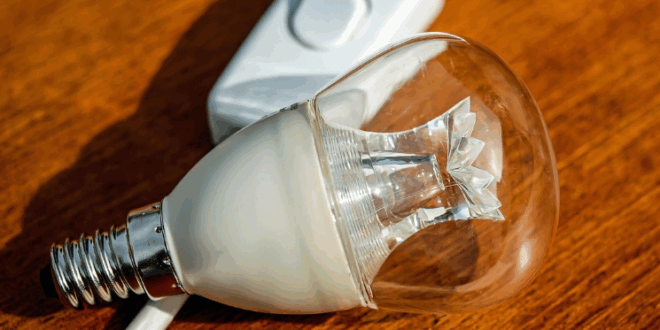When it comes to saving electricity, most people think of the usual suspects: turning off lights, using energy-efficient bulbs, or unplugging devices. While these methods are effective, there are some lesser-known, unusual ways to cut down on your energy bill that can make a surprising difference.
1. Use Your Fridge Strategically
Your refrigerator is one of the biggest energy consumers in your home. A quirky yet effective trick is to keep your fridge about three-quarters full. A half-empty fridge uses more energy because it has to work harder to maintain cool temperatures. You can fill empty spaces with bottles of water — they retain cold and reduce the energy needed to cool the air.
2. Cool Your Home With Curtains… Even at Night
Many people close curtains during the day to block sunlight, but leaving them open at night can help reduce heating or cooling costs. In hot climates, thermal curtains can trap cool air inside; in cold climates, heavy curtains at night prevent heat from escaping.
3. Turn Off “Phantom” Energy Drains
Even when devices are off, some electronics like TVs, microwaves, and chargers continue to draw power. Using smart plugs or power strips to completely cut off electricity to these “phantom” users can save a surprising amount over a year.
4. Switch to Smaller Appliances
A toaster oven uses far less energy than heating a large oven. Similarly, using a small electric kettle instead of boiling a full pot on the stove can drastically cut energy use. Even unconventional swaps, like using a microwave for certain meals instead of a stove, can add up.
5. Optimize Your Water Heating
Water heating can account for a large chunk of electricity bills. A peculiar trick is to insulate your hot water pipes and even your water heater tank. Another unusual tip: set your water heater to 120°F instead of the typical 140°F — most households don’t need water that hot, and the energy savings are significant.
6. DIY Energy Reflectors
Placing aluminum foil or reflective materials behind radiators and heaters doesn’t just prevent wall damage — it reflects heat back into the room, making your heating system more efficient. This old-school trick is surprisingly effective in keeping rooms warmer without cranking up the thermostat.
7. Embrace “Cold” Appliances
Whenever possible, opt for appliances or cooking methods that don’t require heat. For example, salads, smoothies, and cold meals reduce the need for ovens, stoves, or microwaves. Even washing clothes in cold water instead of hot can save energy without sacrificing cleanliness.
Saving electricity doesn’t always have to mean sacrifice. By thinking creatively and observing how energy flows through your home, you can find unusual yet effective ways to cut costs, protect the environment, and make your home smarter in the process.
 Homeowners Club If you are one of the 15 million homeowners in the UK, the free to join online Homeowners Club is for you.
Homeowners Club If you are one of the 15 million homeowners in the UK, the free to join online Homeowners Club is for you.








